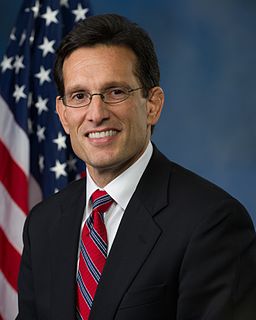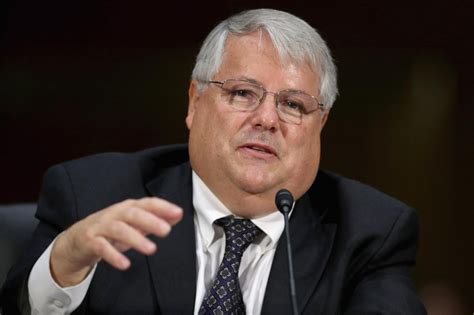A Quote by Fabrizio Moreira
A 2014 study commissioned by Facebook and done by Deloitte suggests that Facebook alone contributes almost $150 billion directly to the global economy, and when you add the peripherals, it nears $227 billion.
Related Quotes
Facebook's a wonderful, incredible way to bring humanity together. They've brought together 2 billion people in the largest fictional family in history. So young people are starting to empathize with each other through Facebook across the globe. This is wonderful. However, when everyone needs Facebook because it's so successful that everyone's on it, then it starts to look like a global public utility, a public good. Same with Amazon.
We're a community of a billion-plus people, and the best-selling phones - apart from the iPhone - can sell 10, 20 million. If we did build a phone, we'd only reach 1 or 2 percent of our users. That doesn't do anything awesome for us. We wanted to turn as many phones as possible into 'Facebook phones.' That's what Facebook Home is.
In business, when you can meet an unmet need that is this primal, even meeting it in a superficial way can create a multi-billion-dollar business - e.g., the chat rooms in AOL when it first came out, or the lounges in Starbucks, or the billion people who are on Facebook - even though these are hardly the most intimate of life experiences.
Now the proposal is yet again another $150 billion before we start to think about a freeze. But $150 billion spent on more government programs; monies being created to direct and what kind of jobs that Washington thinks ought to be created. Come on. I mean there is a government that can help, and the government can also hurt.
We've got the emPHAsis on the wrong sylLAble when it comes to crime in this country. The FBI says burglary and robbery cost U.S. taxpayers $3.8 billion annually. Securities fraud alone costs four times that. And securities fraud is nothing to the cost of oil spills, price-fixing, and dangerous or defective products. Fraud by health-care corporations alone costs us between $100 billion and $400 billion a year. No three-strikes-and-you're-out for these guys. Remember the S&L scandal? $500 billion.
During the 1999 debate over Permanent Normal Trade Relations with China President Bill Clinton said, 'In opening the economy of China, the agreement will create unprecedented opportunities for American farmers, workers and companies to compete successfully in China's market. WRONG: Our trade deficit with China has increased from $83 billion in 2001 to a record breaking $342 billion in 2014.

































